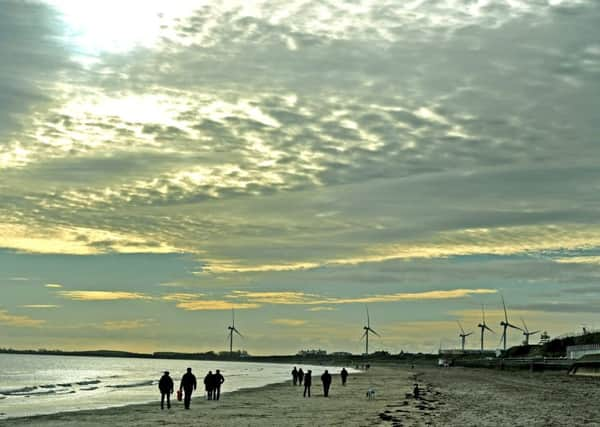YP Letters: I fear wildlife will pay a high price for vote to quit the EU


ONE of the reasons many people voted against Brexit in the referendum is surely the EU’s excellent record on environmental issues, helping to tackle such things as water and air pollution and protecting endangered species.
It is a magnificent effort. As a child in the 1970s I remember swimming in the sea at a northern resort (not Bridlington) and seeing pools of dangerous raw sewage. According to a recent report, under five per cent of bathing sites in Britain are now considered to have “poor” water quality.
Advertisement
Hide AdAdvertisement
Hide AdIt was a wholly political issue that personally swayed me, and when I voted “leave”, it was to keep our historic Parliament sovereign. But as a life-long lover of wildlife and the countryside, I’ve since been having a few second thoughts.
You see, when Britain leaves the EU, our farmers will no longer have to comply with EU laws controlling which pesticides can be used and in what quantities to protect wild bees – so vital as pollinators.
To put it mildly, Britain’s bees need legal protection and if they lose it the effect on our own food chain could be quite devastating.
Quite simply, we must not allow farmers’ short-term profits to come before our food, our environment and our health.
From: Alan Chapman, Beck Lane, Bingley.
Advertisement
Hide AdAdvertisement
Hide AdPARLIAMENT is grinding away on the early stages of the Brexit bill while the Remain side demand a soft landing. The PM has emphasised that Britain could walk away rather than sign a bad deal. For clarity “walk away” means enjoying normal relations with the EU without any special arrangements.
In the worst case scenario, World Trade Organisation rules provide for tariffs of £5.2bn on British exports to the EU 27, and of £12.9bn on EU exports to the UK, actually providing a surplus of £7.7bn to the UK Treasury.
No one is calling for tariffs on the other side of the Channel. Failure to reach a swift deal might be a nuisance, but not catastrophic. Close to 70 per cent of our economic activity is domestic; and the rest, a large and growing proportion, is related to non-EU trade. Only six per cent of British firms do any business with the rest of the Single Market.
It is in everyone’s interest to maintain something close to the existing arrangements. A small disruption to part of our EU trade is undesirable, but less painful than paying the European Commission tens of billions of pounds as a departure fee.